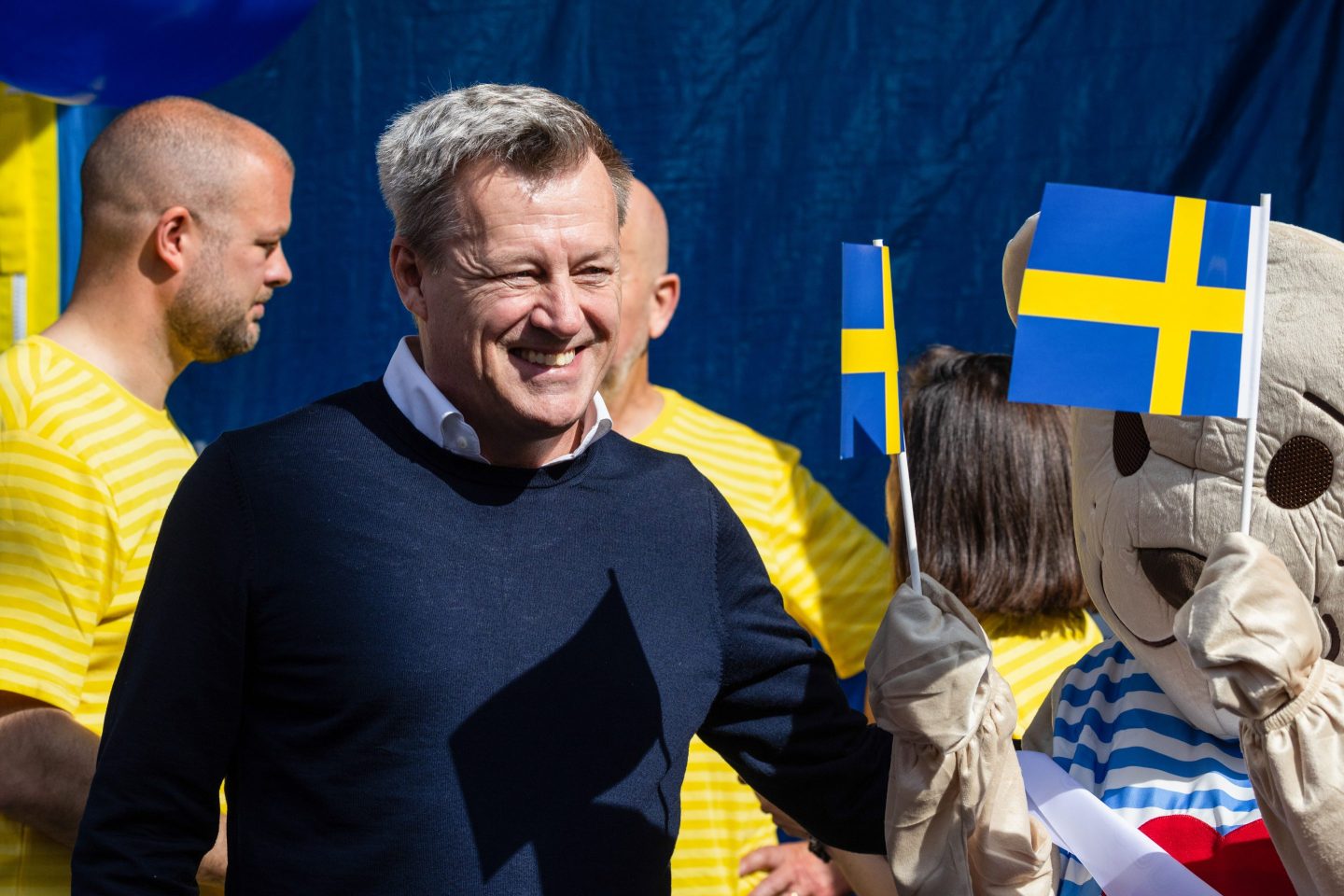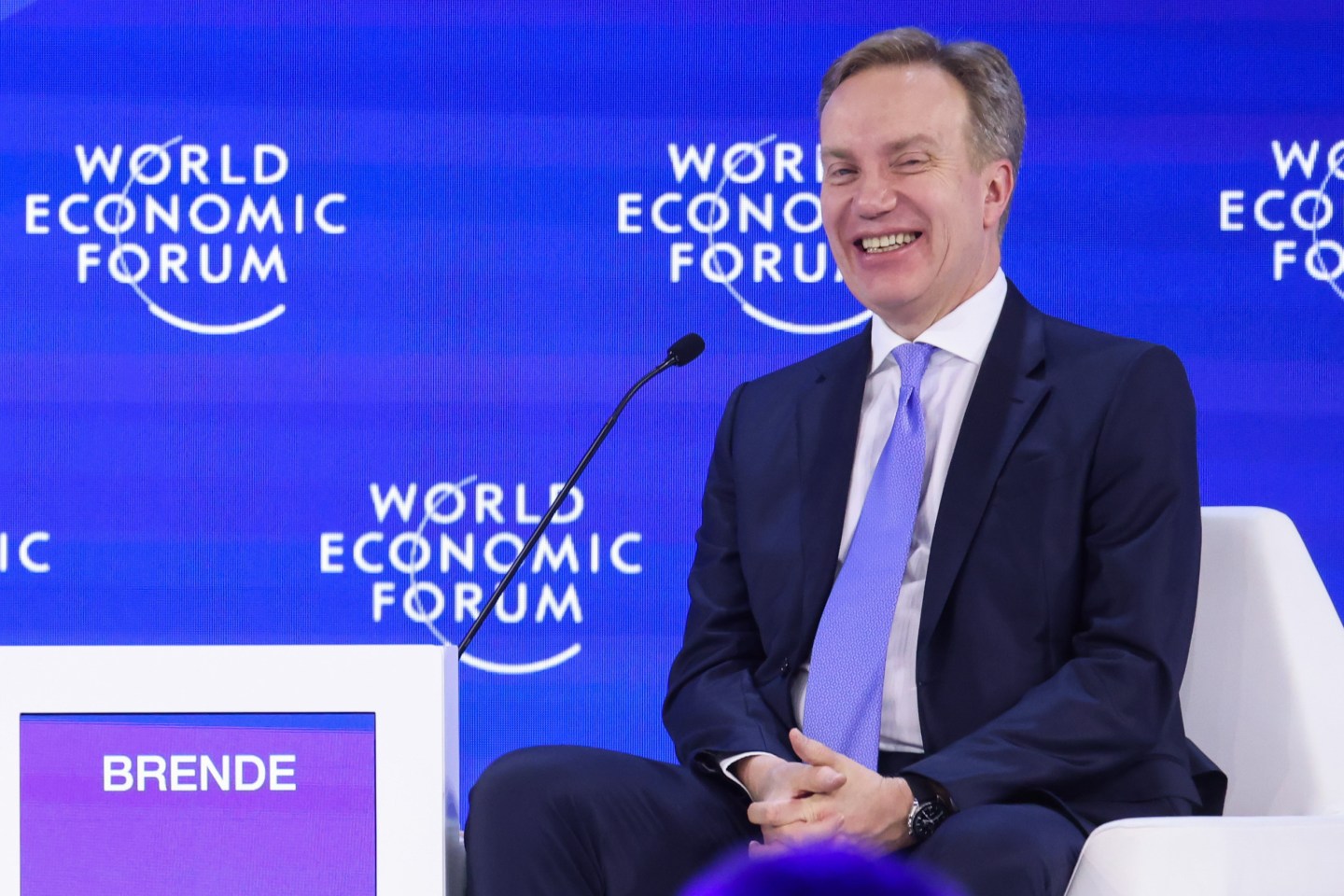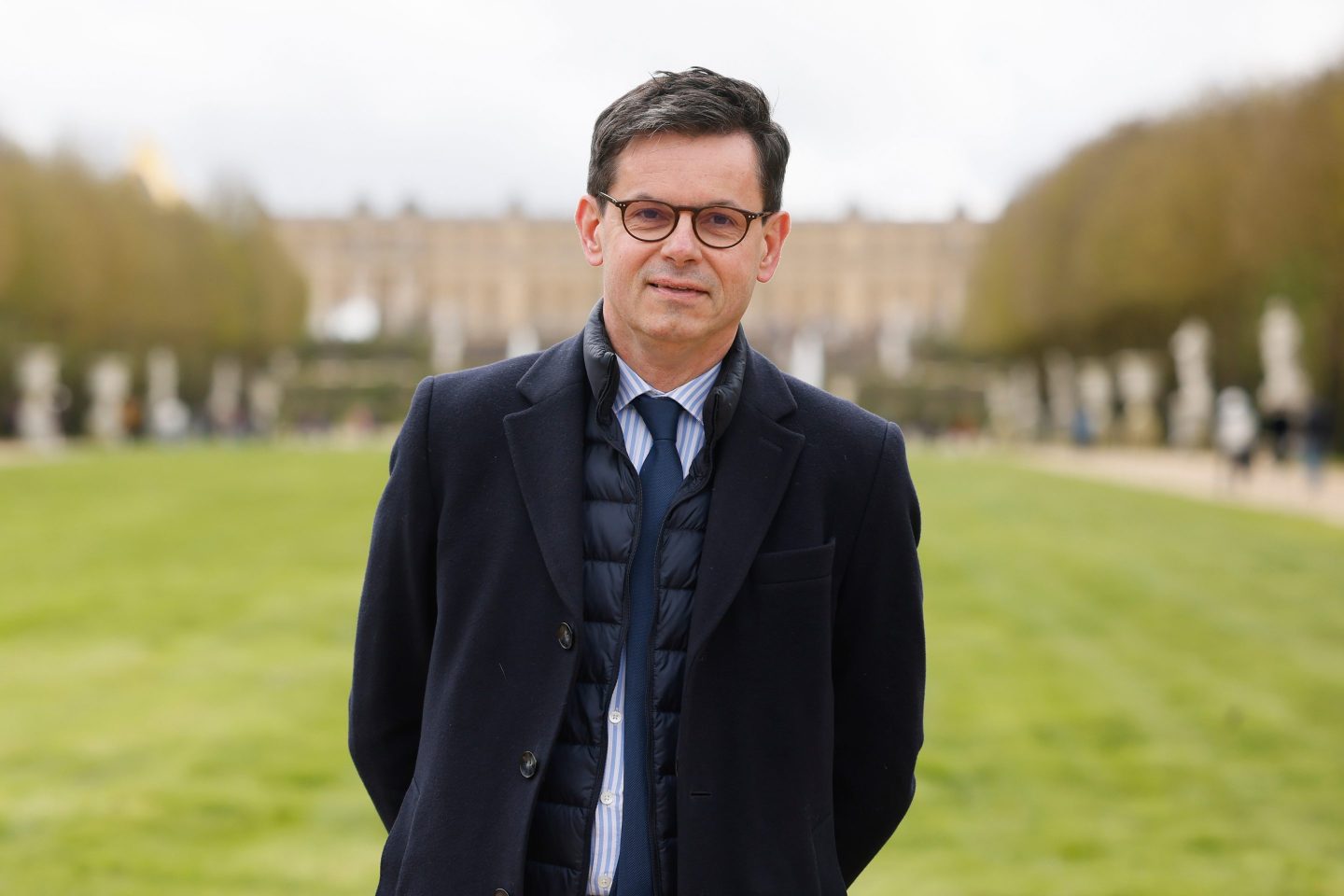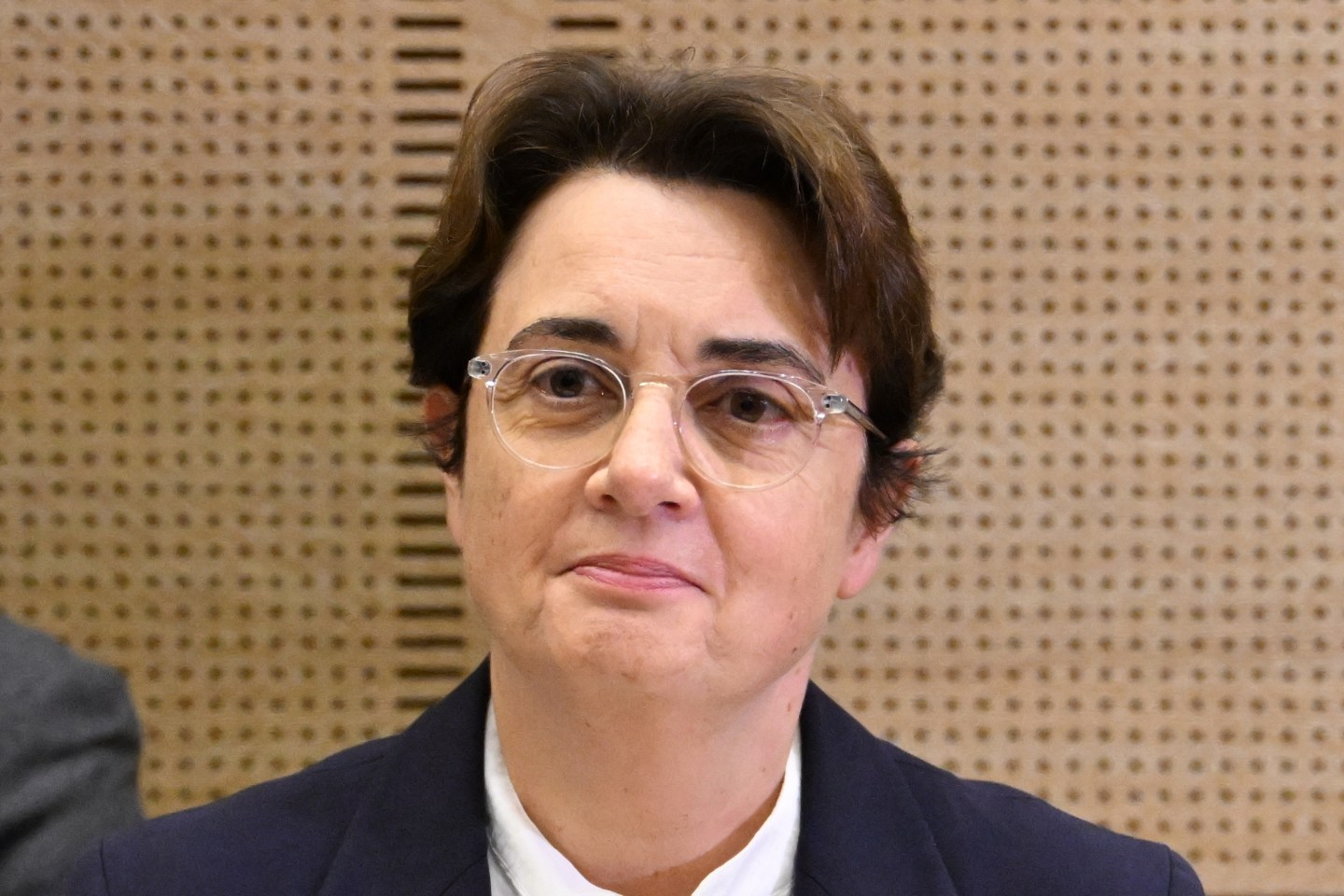He brought the world Kallax shelves and Poäng armchairs, but can outgoing Ikea CEO Jesper Brodin help lead the world’s largest refugee organization?
Brodin may have the chance, as the Swedish government announced him as its candidate to become the new United Nations high commissioner for refugees (UNHCR) last Monday. If selected, Brodin’s career pivot would highlight an exceptionally rare trajectory among global CEOs: going from business to a multilateral international organization. The UNHCR, the organization says, protects people forced to flee, delivers emergency aid in crises, and helps displaced people find a place to call home.
While some businessmen, such as Donald Trump in the U.S. or Silvio Berlusconi in Italy, have entered national politics, virtually none have crossed over to head a major United Nations institution. UN jobs are more typically reserved for career diplomats and politicians, while private sector leaders have been mostly absent in UN leadership.
(Alexander De Croo, the designated new head of the United Nations Development Programme, perhaps comes closest. He started his career at Boston Consulting Group, and stayed there for several years, before entering Belgian politics like his father before him, and becoming prime minister. His wife is still a partner at the consulting firm.)
“I was surprised to receive the nomination. It was not something I had planned,” Brodin told Fortune in a Zoom interview after the news broke. “But with my global experience leading Ikea in more than 40 countries, I believe I can bring valuable experience and leadership to the UN.”
Brodin’s private sector experience was also a key reason why the Swedish government nominated him. “The UN system would be strengthened by a person with business experience, especially given the major challenges now facing the UN,” the Swedish foreign ministry said in a statement endorsing the Ikea veteran.
However rare, the choice is consistent with Brodin’s stated mission at Ikea, which was “to create a better everyday life for the many people.”
Under Brodin, Ikea has participated in several UN and UNHCR projects globally. Those include an Ikea training and skills program for refugees, which to date reached over 3,700 people, and Ikea’s retail arm providing direct job opportunities to refugees from Syria and more recently, Ukraine, Brodin said. Brodin is stepping down as Ikea CEO in November.
The UN secretary-general will select his choice for UNHCR, sending the nominee to member states for confirmation, by the end of the year.
In the end, if Brodin is confirmed, it may well be because a rational business approach is simply what the UN needs right now. The organization is in crisis and facing a cash crunch, exacerbated by the Trump administration’s funding cuts.
In that light, Brodin’s track record of economizing on costs and resources at Ikea may be the real game changer if he is appointed.












